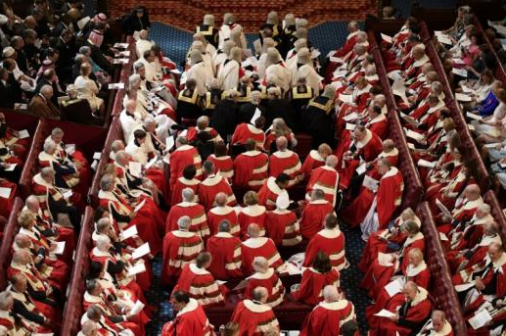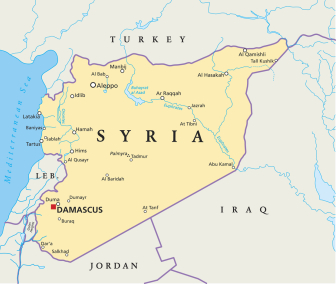
When a grieving family came to see the Bishop of St Albans, the encounter sparked a campaign that could transform the role of gambling in British public life.
Church of England bishop Alan Smith was deeply impacted by the visit from a family whose son had taken his life because of his struggle with problem gambling.
In his role as a member of the House of Lords, he has since fought to combat gambling-related harm.
The bishop's response to the family's grief demonstrates the positive role that CofE bishops in the Lords can play.
That role is under attack from groups such as the National Secular Society.
Bishops who sit in the Lords are sometimes themselves reluctant to speak of their role in the House – concerned that some churchgoers may wish them to devote all their time to their dioceses.
Yet, when Bishop Smith visited the church where I minister in St Albans, the congregation were fascinated to hear of his work combating problem gambling and were very supportive of the campaign.
In a recent podcast interview with Church Times, Bishop Smith recalled the visit from the family. "They sat in my study, they broke down. They said we don't know what to do. We don't want this to happen to anyone else. Can you help?
"I felt very helpless. I listened to them, prayed with them, then I put some questions down in the House of Lords."
It became clear that the government did not have a lot of statistics about the extraordinary growth in online gambling and the harm it was having, with possibly one or two people taking their lives every day in the UK.
After he raised the issue, Bishop Smith was inundated with people writing to him. Many told him about a family member who had taken their life because of problem gambling, and urged him to continue with the campaign.
Several years on, there is now a coalition of around 250 peers – the largest lobby group in the Lords – seeking to lessen the impact of problem gambling. A report by a Select Committee is calling for widespread changes to the Gambling Act dating from 2005.
They want TV advertising of gambling to be restricted, and for the gambling industry to pay levies to meet the costs of tackling problem gambling. They point out that the NHS runs 14 problem gambling clinics at a time when funds are under desperate pressure.
Bishop Smith is also concerned about what he describes as the 'gamblification' of sport. He explained: "When I was young, we loved watching football and cheering our side on but you didn't have to gamble. The gambling industry has persuaded people that the need to bet is integral to sport."
The bishop has called on the Football Association to lead the way in tackling gambling, rather than having to respond to mounting public concern.
The National Secular Society argues, "In an increasingly secular society the role of religious representatives in our legislature has become increasingly irrelevant."
The two archbishops and 24 bishops, they say, "have acquired this right solely by virtue of their position in the hierarchy of one particular Church which is ever-decreasing in formal membership."
Debates around the bishops' role in the Lords will no doubt continue. Supporters say the bishops maintain strong grassroots contacts in their dioceses and bring perspectives from local organisations and people. Many bring insights from their work with charities and other non-governmental organisations, as well as an important faith perspective.
Whatever the future for bishops in the House of Lords, the role being played by the Bishop of St Albans demonstrates how they can make a positive contribution to our common good.
And I'd say that, even if he wasn't my boss...
Rev Peter Crumpler is a Church of England priest in St Albans, Herts, and the author of 'Responding to Post-truth.' (Grove Books).







